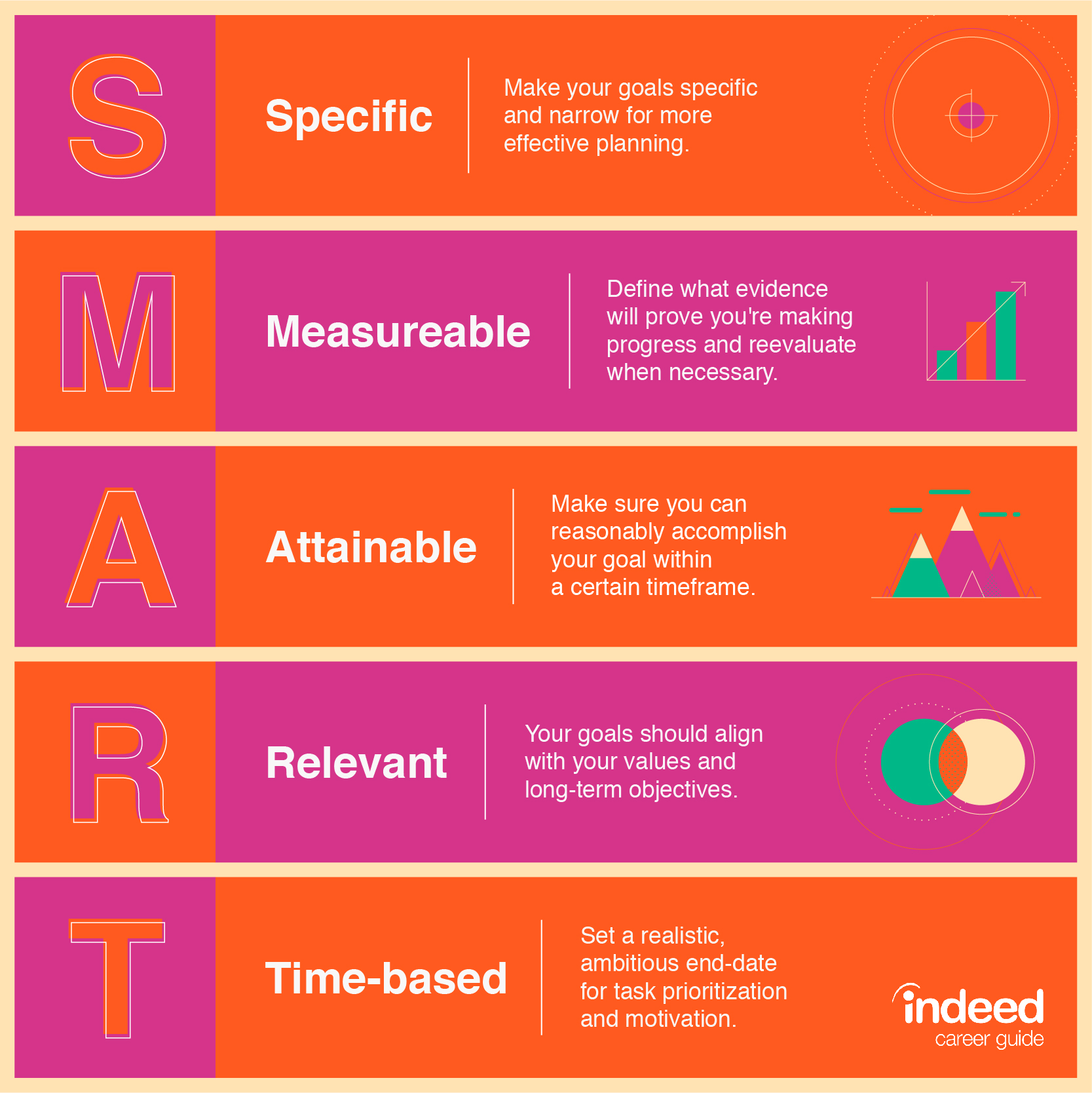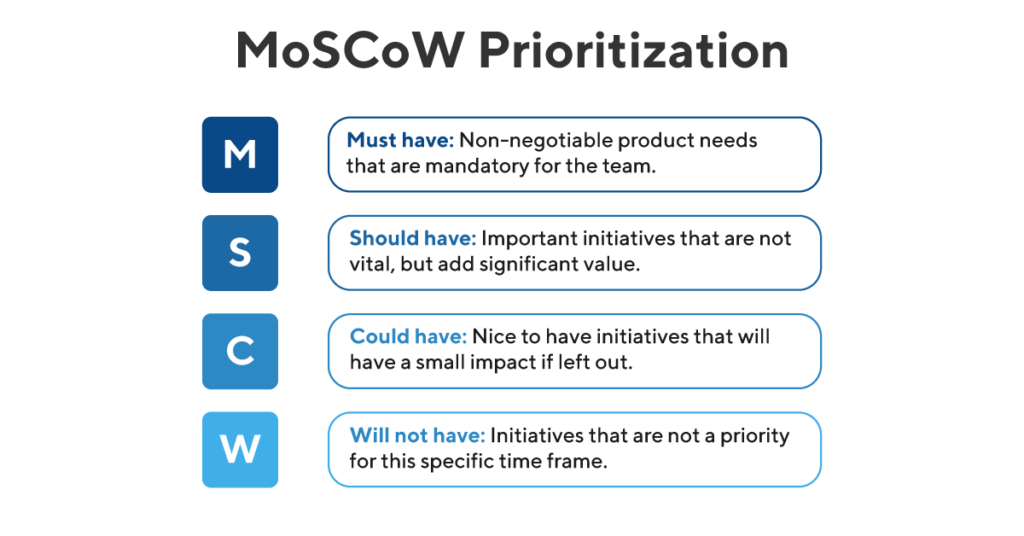Navigating the Difficulty of Just Starting
“Just start” - that’s the advice we get when we hit a brick wall. But then almost naturally the reply follows, “But how?”. If I knew what to do and how to do it, maybe this roadblock will be non-existent. A crucial yet daunting step is navigating the beginning.
How do I get started when the goal seems complicated?
The inspiration to write the post came from this tweet:
It is evident that people struggle with starting that new task, startup, project, idea, writing, the list is endless, everything new counts.
Just start" is simple but it's not easy. Two easiest words to say but the most difficult to do! It takes grits, lots of it! It is more of motivation for the one who already has it figured out. There's a mental process that involves going from where you are /where you expect to be to starting, which could take months or years and when you aren't ready mentally.
So much to do, So little time
Going from idea to execution seems daunting when the large picture needs a lot of tiny components to be visualized. That can be a blocker - an overwhelming one.
Don't say 'just start'... At least help breakdown the processes. How do you distill all the many options, while considering limited resources to arrive at a next step? Sometimes, people need a discovery/clarity session after finding their core.
Having a feasible plan helps guide your process. Admittedly it can be counterproductive if the plan serves as a deterrent to starting. So, set SMART objectives for structure.
Before jumping into action, breakdown your deliverables into ‘manageable’ chunks. Map out what your desired outcome looks like and set out guidelines to help frame the process. What do you want to start? When do you want to start? How best are you most comfortable about starting?

In the end it’s about finding balance that works for YOU, given your own reality, and not someone else’s replica.
Are you ready to fail?
You probably should, it’s a learning curve. Accept that you probably won’t get it right the first (couple of) time(s).
The fear of switching or abandoning the usual is real & it holds you even when you don't want it to.
In the startup world, there’s the narrative that 90% of startups fail. Overcoming the failure and anxiety of many failed business ideas is a tough one. After some time, I got apprehensive about getting people onboard my idea. I heard friends and family say - “Oh, another one” every time I introduced a new idea to them. But I was not going to relent. I believe that I have so much potential and the best I could do was pivot, let go and learn through the process.
Start by identifying your strengths that provide value to others. Identify a gap in market that you can commercialize that aligns with your strengths. Key skill is gathering and analysis of feedback, and knowing when and how to pivot.
Fail forward. Don’t be afraid of failing.
Learn by Doing
Herein lies the premise of 'just starting'. What problem are you trying to solve - getting a new job, starting a new business, moving to a new city - picture the end result of your effort.
You can really only learn by doing. Learning to work with and through ambiguity is extremely difficult but important for many jobs.
Consistency to Continue
Maintaining consistency is as difficult as starting out. After the motivation to begin is conquered, the need to be consistent and committed takes over.
Even after the initially win with starting, you still got the battle of consistency and commitment lurking behind. My greatest problem is finishing. I start a lot of things, have a clear path for how they should go, have the means to complete them. Then I get really bored and want to start another thing. I am a hub of ideas that I can't see through. I am very flighty
To navigate through the ‘den of ideas’, it is important to engage prioritization techniques. I usually default to the MoSCoW method of product prioritization and weigh the value, product, dependencies, risk. impact, effort, cost, compliance and knowledge gain.

Sometimes you really just need to start. But first, set your building blocks.
ABOUT ME
I'm Juliet Edjere, a no-code professional focused on automation, product development, and building scalable solutions with no coding knowledge.
Learn from practical examples and explore the possibilities of no-code, AI and automation. We'll navigate the tools, platforms, and strategies, one article at a time!
Visit my website → built with Carrd